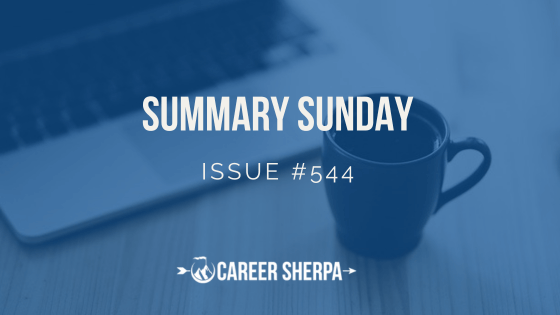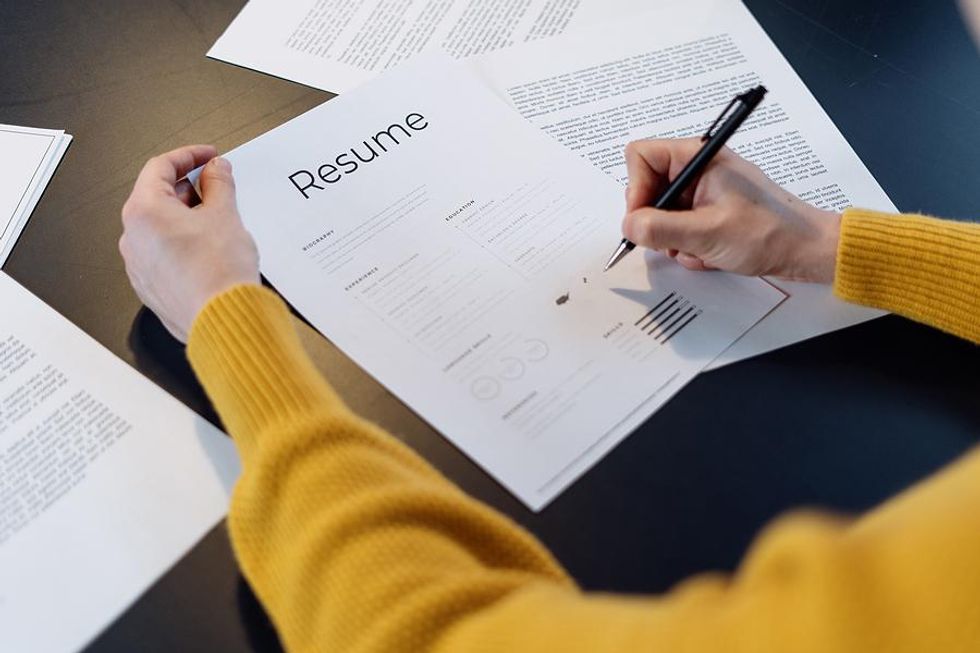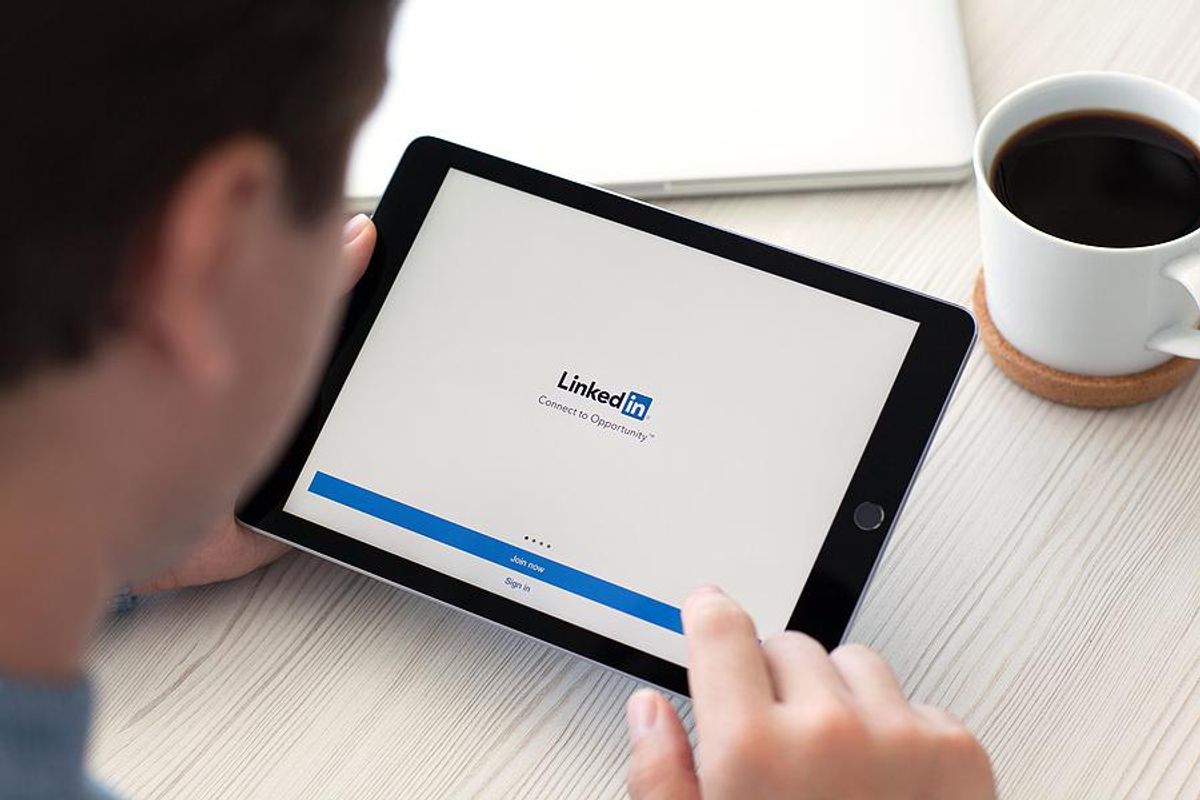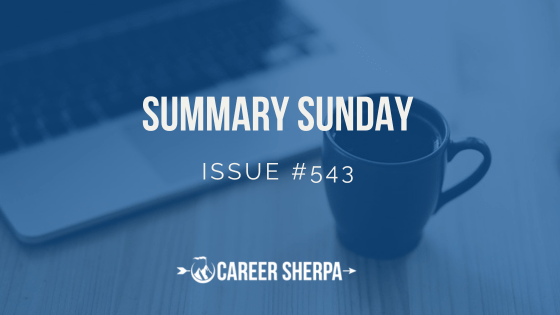
As a former hiring manager in several consulting firms, I often wondered if candidates were cognizant of the impression they made on employers. Even small things, such as the frown displayed by an applicant upon arriving at an interview, or the worn-out jeans of an applicant in a roomful of suits, gave me pause as I worked to screen candidates.
Ironically, many of the problems I spotted could have easily been fixed by taking care of seemingly minor issues. In some cases, these corrections would have made the difference between hiring the job candidate and taking a pass on the applicant!
Here are 10 âlittle” things that make a big difference to hiring managers in the interview process:
1. Your Digital Identity

Yes, recruiters and hiring managers will be checking out your LinkedIn presence and verifying that your Facebook and Instagram activity is not violating their corporate policies. But have you stopped to think about your tweets or the content you’re creating on TikTok?
Even the most realistic employer will need to assess your liability as a potential new hire. Therefore, your online activity must be sufficiently toned down and presentable to a potential companyâlong before you enter the job market.
If you’ve kept up a website on your middle-of-the-night gaming habit or constantly tweet your distaste for political candidates, these items can offend hiring managersâand cause them to rethink bringing you in for an interview.
2. Your Honesty

Struggling to hide employment gaps in your work history on your resume? Failing to mention that new job you just took (that isn’t working out)? White lies or sins of omission on your resume and in your interviews will come back to haunt you in more than one way.
If interviewers don’t catch lies during the resume screening process, there’s still a chance that your background check will reveal all. Even after you’re hired, your record of impeccable service won’t make up for less-than-forthright stories on your resume or LinkedIn profile.
Stories abound of high-profile executives, entertainment professionals, and sports coaches who attended college but didn’t graduateâand who paid the price for fudging these resume details years down the road.
3. Your Accessibility

Are you open enough on LinkedIn that others can contact you? Or did you forget to make your email address (and possibly mobile number) visible to other users? Here are best practices for ensuring you’re more easily reached on LinkedIn:
- From the “Edit Profile” menu, look under the box with your name and headline for “Edit Contact Info.” Here, you can fill in your email address and phone number.
- Joining groups is also an important step in becoming accessible to employers. Sharing a group with another user means he or she can reach out to you for free (important to recruiters maximizing their LinkedIn budgets).
4. Your Job Search Follow-Up

Sent in a resume, but failed to take any action beyond pressing the “Send” button? If you didn’t spend some time following up or identifying company insiders for further networking, your job search will take longer.
Doing some homework on the employer’s business needs and identifying key people for personal follow-up (through LinkedIn or an online search) shows them you’re truly interested in a career opportunity, and that you’ve given thought to solving their business problems.
Be sure to use formal channels when applying for a posted job. Then, reach out to your newly found contacts to reiterate your interest in joining the company. Better still, connect and network with employees at the companies on your interview bucket list well before you start your job search. That way, you’ll already have connections at those companies when it comes time for you to apply for a job.
â5. The Tone Of Your Cover Letter Or LinkedIn Message

Cranking out LinkedIn messages or cover letters at top speedâwith just a few adjustments here and there? Hiring managers can smell a “form letter” approach a mile away. Nothing says “I’m desperate and don’t care about your needs” more than a disjointed cover letter or a LinkedIn message that simply asks for a job.
No matter how you’re getting in touch with employers, take the time to write a brand-specific message of value to themâhelping them discover who you are, what you offer, and why you’re interested in a position with their company. This means customizing each LinkedIn message and writing disruptive cover letters.
You may not be able to crank them out as fast, but you’ll be sacrificing quantity for quality. And, in the job search, quality is always better than quantity.
6. Your Demeanor When Arranging The Interview

When setting up any kind of business meeting, there’s a certain amount of give and take required for coordination. No matter how in-demand your skills may be, you’ll be expected to acquiesce to interview timing and location parameters set by employers. That can mean dealing with less-than-helpful receptionists or HR personnel, all of whom will be taking notes on your reactions.
Your phone etiquette and email communications will be watched closely; a courteous and respectful tone will go miles in reinforcing your personal brand and potential as a job candidate.
7. Your Appraisal Of The Interviewer

Feeling put out by the fact that your interviewer appears younger, more inexperienced, or otherwise beneath you in the professional hierarchy? Be careful how you convey this disapproval. You may believe you’re hiding these feelings, but as one of those younger-looking interviewers, I often picked up on this tone very quickly!
Even if you decide mid-interview that you’re not interested in the company, remember to display a high degree of professionalism. You never know how well-connected your interviewer might be.
8. Your Discretion

Polarizing, hot-button subjects such as politics or religion should make their way out of your resume, LinkedIn profile, interview discussions, and side conversations.
No matter how neutral or popular you consider your stance to be on these topics, there’s bound to be someone who disagrees with youâand who votes against hiring you.
9. Your Post-Interview Actions

Yes, you should be sending a thank-you note to employers after your interviews! Whether a short, handwritten card, LinkedIn message, email, or even hard-copy letter, a thank-you note gives employers the impression that you’re a gracious and appreciative job candidate.
A post-interview note can also be used to address lingering questions, counter potential objections (“Regarding our discussion on your new Western region, I can assure you that I’m accustomed to handling accounts in person for maximum effectâand therefore open to travel”), or mention a fond memory you have of the experience (a conversation, for example) to highlight a connection you made with the individuals at the company.
Be sure to address your notes to each person you’ve encountered in the interview process (or at least mention their names in the note), especially if you’ve met with a panel or group.
10. The Frequency Of Your Messages
Just because social media lets you send messages faster than ever doesn’t mean you should pester employers. Following up once or twice after applying for a job should suffice to let them know you’re still interested in the position. The same is true of the post-interview period.
Hiring managers have companies to run and customers to serve in addition to the process of choosing you. They may also have other candidates to consider. Staying on an employer’s radar is important, but so is professional discretion. Aim for somewhere in between silent and stalker in your follow-up activities.
There are numerous ways employers can be put off by your job search practices or approach. Ensure you’re taking steps to satisfy their need for information and put your best professional foot forward.
Need more help with your job search?
Become a member to learn how to land a job and UNLEASH your true potential to get what you want from work!
This article was originally published at an earlier date.









































